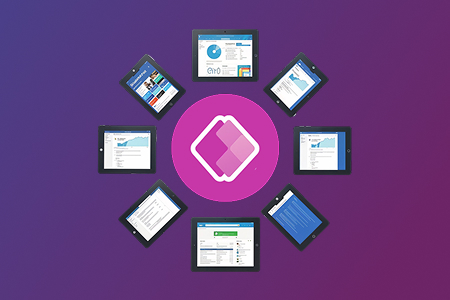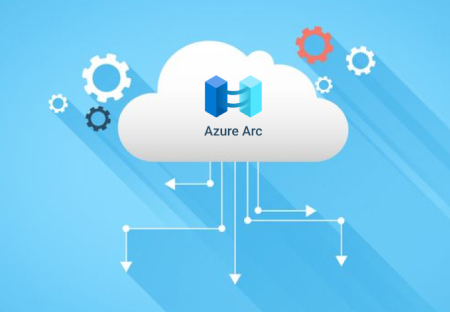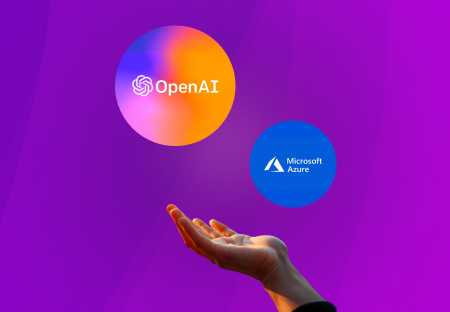Companies who need to develop bespoke apps fast but need more workforce or knowledge to do it from scratch find lowcode and nocode platforms very helpful. They can also be useful for businesses that need to tailor-make applications for certain use cases but need more resources to hire developers.
The Rise of Low Code and No Code Development Platforms
While lowcode and nocode can speed up development and resource allocation, customization of digital assets, integration with existing core digital infrastructure, and reliance on lowcode and nocode vendors or platforms for configuration and delivering refined user experiences are on the rise.
Instead, organizations with no legacy technology and a blank slate, such as start-ups and small enterprises with new ideas, may benefit the most from lowcode and nocode development. Check out the number of ways in which lowcode and nocode technology have revamped the development processes.
How Lowcode and Nocode Have Enhanced Development Processes?
Unique Apps Creation
Enabling non-technical people to create unique apps is one of the most significant innovations of low-code and no-code platforms. This is especially helpful for companies that recognize the value of encouraging their staff to devise creative solutions.
Simplifying Processes
Low-code and no-code platforms simplify the development process, facilitating the creation of unique applications. Thanks to the visual interface and in-built templates and tools, users may create and develop their apps rapidly without learning difficult code.
As a result of the built-in collaboration facilities provided by many low-code and no-code platforms, software development teams can work together more efficiently. As a result, the development process may become more effective and efficient.
Increase Development Agility
Low-code and no-code platforms also allow enterprises to increase their development agility. Allowing users to develop bespoke apps rapidly helps firms to adapt swiftly to shifting market conditions and new possibilities.
Construction Based On Pre-existing Models
The MDD methodology speeds up the production of minimal source code. With MDD, you may speed up the application development process by utilizing models to direct the code. A wide variety of conceptualizations, such as rules for conducting business and data structure, may be found in models. Smart automation in low code and no-code may help you turn your ideas into software and provide value to your customers.
Collaborative approach
Two, teamwork is essential for developing low-code applications. Individuals working alone are not intended users of low code platforms. Business analysts, developers, testers, data scientists, and end users are just some of the people who would benefit from using these tools, as they were made with collaboration in mind.
The Future of Lowcode and Nocode
Platforms for developing software with little to no coding will be the norm shortly.
The outlook for no-code and low-code development platforms is promising. Today, companies of all sizes are using these frameworks to rapidly and affordably create their unique apps. Low-code and no-code platforms are projected to gain popularity as the need for tailor-made software increases.
In addition, developers will keep working to enhance and perfect low-code and no-code environments. This may pave the way for creating even more robust and intuitive tools, which would make it less difficult for companies to create their own unique apps.
Compared to the expense and limited availability of custom-coding a website, the benefits of this option are clear. Developers hate it, but it empowers non-developer colleagues to build swiftly and link apps that make them powerful force multipliers inside Azumo. We can save a tonne of money and increase our profits thanks to low-code solutions that focus on the appropriate people.
There will always be a place for low-code and no-code development platforms, and their capabilities will only increase with time. To fully reap the benefits of these innovations, businesses must adopt them.
Market Statistics Making Lowcode and Nocode Technology Game Changer in the Future
Low-code and no code are poised for a bright future, especially considering the proliferation of digital transformation projects across sectors. By 2027, the worldwide low-code industry is expected to be worth about $65 billion; by 2030, it is expected to be worth around $187 billion. This is a compound annual growth rate (CAGR) of 31.1% from 2020 to 2030.
Over time, no-code platforms have become more popular than their low-code predecessors. There’s no denying it: we have a clear winner on our hands with an app that can cut unproductive chores by 93% and be up and running in under 3 months without any development. It has received nothing but praise from delighted customers for our lightning-fast response times to their emails, phone calls, and support tickets in real-time.
Conclusion
There is no doubt lowcode and nocode is revamping the development game. It’s easy to imagine that in the next months and years, companies of all stripes will create applications to improve their operations’ efficacy and streamline their workflow. Please don’t wait another minute to give yourself the superpower of low-code and no-code platforms; try it now!
Learn More – Cloud Transformation Services of Metaorange Digital











